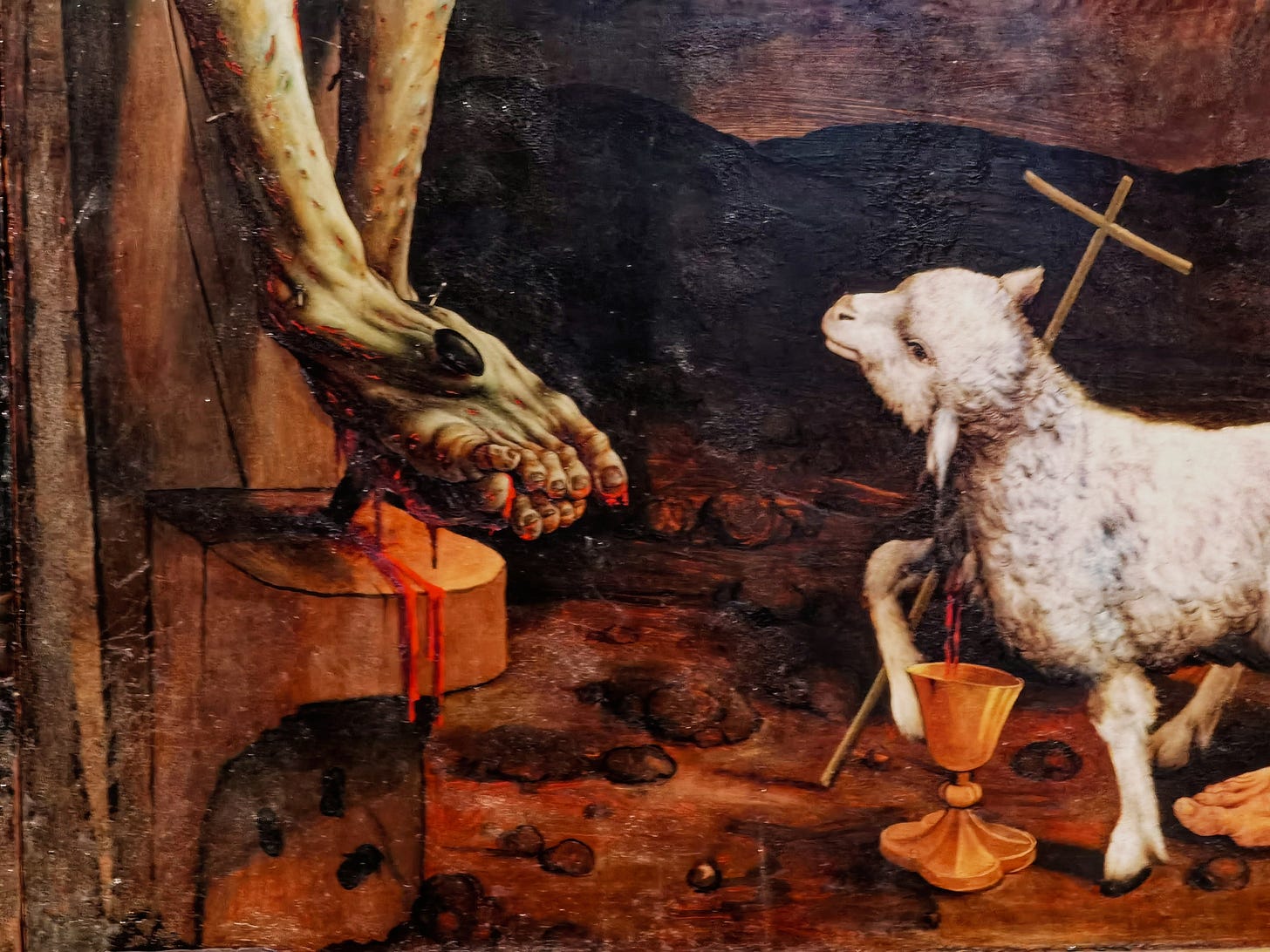
John Donne is hard: knotty and complex. And among his knottiest and most complex poems is his 1613 poem set on Good Friday. It’s also among his best: brutally honest about the excuses we offer ourselves, deeply thought, and captured by the immensity of what he is riding west away from: “Who sees God’s face, that is self-life, must die; / What a death were it then to see God die?”
The 17th-century Metaphysical Poets were not metaphysical in the philosophical meaning of the word, exploring the full nature of reality. When Samuel Johnson (1709–1784) gave them the name, he meant only that they were more abstract than emotional: “Not successful in representing or moving the affections,” he wrote, they created complex conceits of “heterogenous ideas . . . yoked by violence together.” Only the 20th century, dominated by T.S. Eliot’s critical judgments, helped restore their reputation — and remove the insult from …
Keep reading with a 7-day free trial
Subscribe to Poems Ancient and Modern to keep reading this post and get 7 days of free access to the full post archives.



